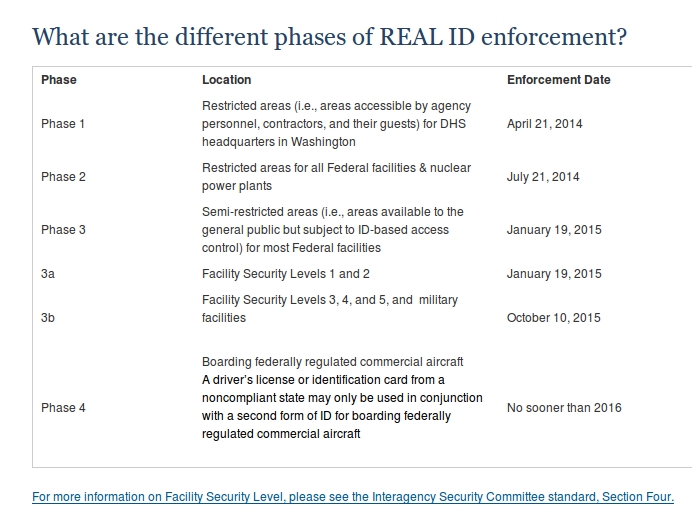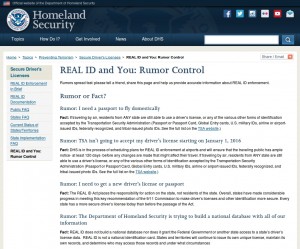Congress votes to stigmatize and surveil the travel of second-class US citizens
Can second-class US citizens be required to carry second-class US passports with a conspicuous stigmatizing “scarlet letter” label? Congress has now said yes.
Do DHS pre-cogs have the omniscience and infallibility of angels at predicting and protecting the US and the world against future crimes? Congress has now said yes.
Yesterday Congress completed its approval of a bill which, assuming it is signed into law by the President, will stigmatize and surveil the international movements of certain US citizens by (1) requiring the State Department to mark their passports with a modern equivalent of an “A for Adulterer” or “J for Jew” (a “visual designation affixed to a conspicuous location on the passport indicating” their status), (2) requiring these individuals to notify the government, in advance, of any intended travel outside the US, including their complete itinerary and any details of their planned movements demanded by the Attorney General, and (3) creating a new pre-crime travel surveillance and policing agency within the DHS to track, log, and alert foreign governments to the intended movements of these travelers.
The bill, H.R. 515, obtained final approval yesterday in the House of Representatives by voice vote, with no real debate and only a handful of members present, under procedures allowing for suspension of normal Congressional rules. [The bill had already been approved by the Senate in December.] But in previous statements about the bill and its predecessors, which Congress has been considering for years, members of Congress have made clear their hope that the combined effect of stigmatized passports, deliberately burdensome reporting requirements, and advance notice to foreign governments from the US government (carrying with it an implicit message that the US wants those foreign governments to deny entry to these US citizens) will effectively prevent these US citizens from traveling abroad at all, and confine them within the borders of the USA.
In an astonishing Orwellianism — but one that perfectly describes the fallacy of the vision embodied in the law — Congress has named the new pre-crime travel policing unit within the DHS the “Angel Watch Center”, claiming for the DHS the omniscient and infallible divine predictive ability of angels to watch over us and protect us from the people they think, or “know” by means that mortals cannot question, are going to commit future crimes.



